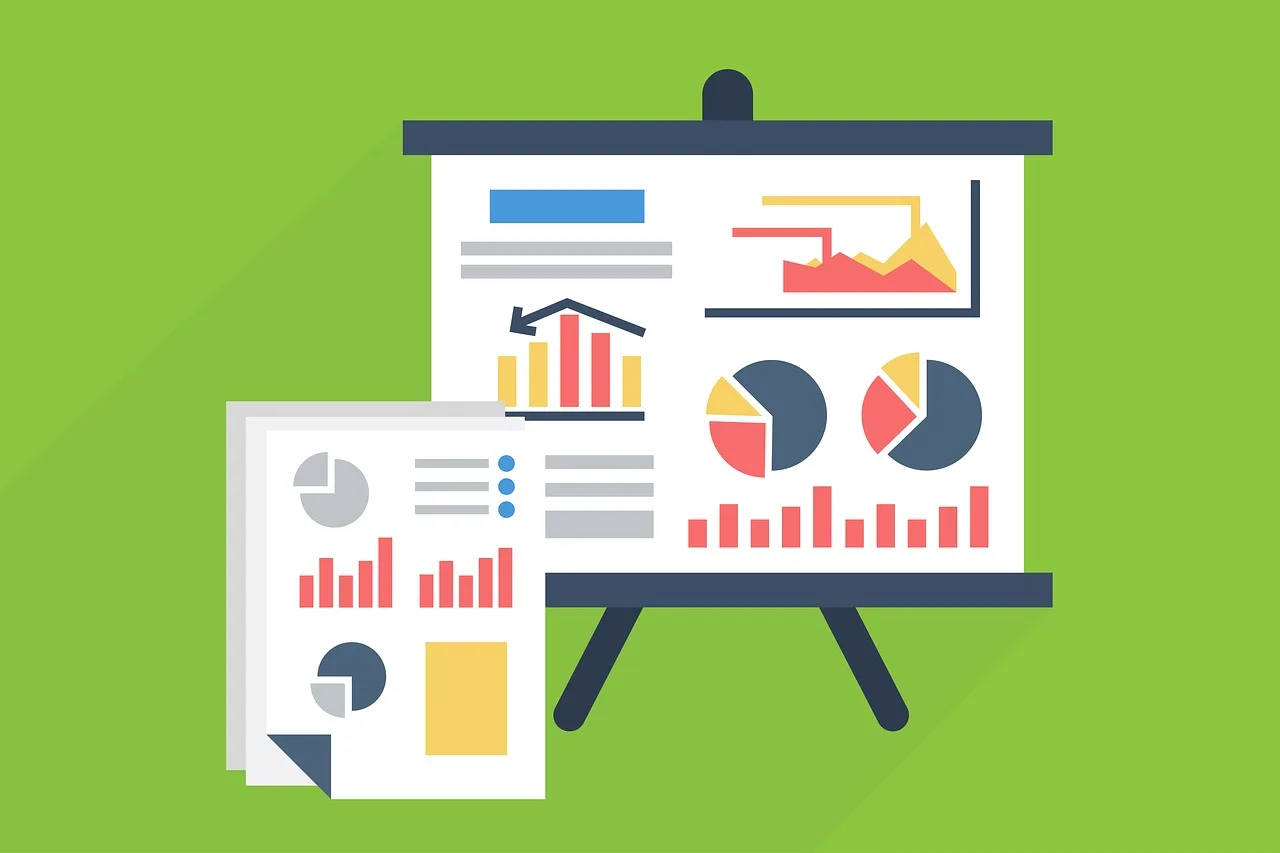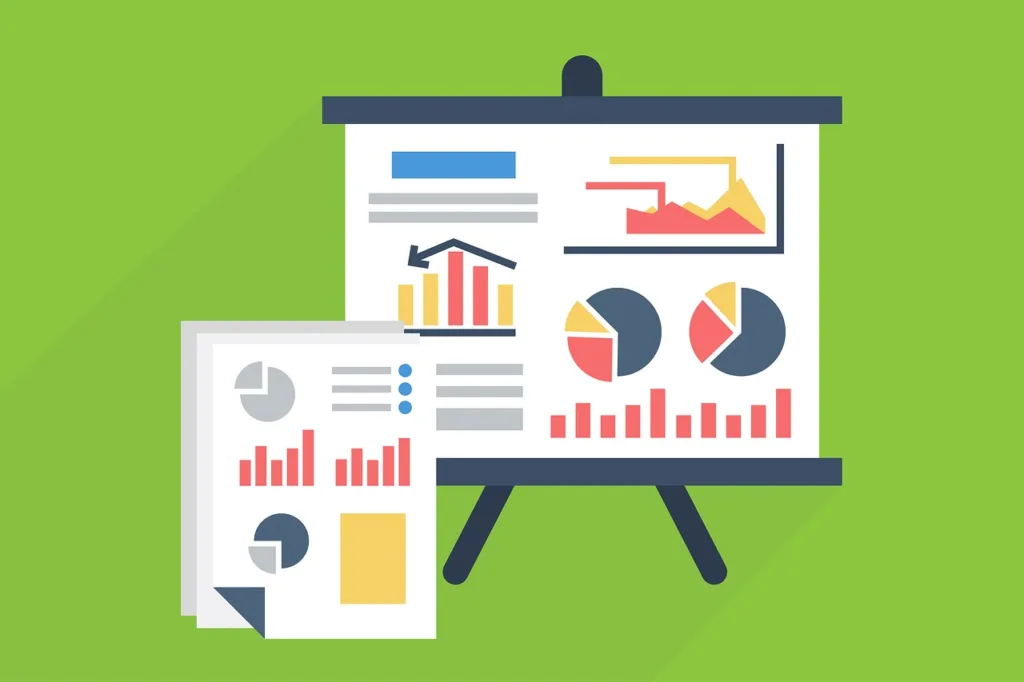
How To Leverage ChatGPT For Conducting RFP Analysis

Welcome to our comprehensive guide on harnessing the capabilities of ChatGPT for optimizing RFP (Request for Proposal) response analysis. Whether you’re a business owner, project manager, or part of a procurement team, this post will delve into the ways you can integrate artificial intelligence to refine and expedite your RFP analysis process.
Introduction To RFP Analysis
RFP analysis, or Request for Proposal analysis, is a crucial process in the business landscape. It involves a meticulous examination of proposals submitted by potential vendors or service providers in response to a business’s call for bids. The primary goal of RFP analysis is to evaluate and compare these proposals based on predetermined criteria such as cost, expertise, and timeline.
This comprehensive scrutiny enables decision-makers to make informed choices regarding the selection of the most suitable vendor or partner for a particular project or service.
Role of ChatGPT in Conducting RFP Analysis
ChatGPT as a advanced language model, driven by artificial intelligence, expedites the RFP analysis process with unparalleled efficiency. ChatGPT’s ability to swiftly process large volumes of text translates into significant time savings, allowing professionals to focus on critical decision-making aspects. Moreover, its AI-powered analysis ensures an objective and consistent evaluation, eliminating the pitfalls of human errors and biases.
ChatGPT enhances understanding by identifying key information and providing comprehensive summaries, empowering decision-makers with a profound grasp of proposal intricacies. The model’s adaptability to specific industry domains further customizes the RFP analysis, making it a versatile tool for businesses seeking tailored solutions.
Step For Conducting RFP Analysis
Step 1: Understanding the RFP Requirements
Before delving into the analysis, it is imperative to have a solid grasp of the RFP requirements. Thoroughly read through the document, highlighting key sections, and noting any specific instructions or evaluation criteria. This foundational step ensures a clear context for analysis, enabling you to address all necessary points in your response.
Step 2: Preparing the RFP Response Dataset
To empower ChatGPT for RFP response analysis, compile a dataset of well-structured and successful RFP responses from your organization or industry. Ensure the dataset covers a diverse range of topics and scenarios, providing ChatGPT with a comprehensive training experience.
Step 3: Training ChatGPT
Training ChatGPT for RFP response analysis involves using the prepared dataset. Whether utilizing the OpenAI API or setting up a personal training environment with the GPT-3 model, fine-tune the model to comprehend and generate responses aligned with RFP requirements. While training may demand time and computational resources, it equips ChatGPT to offer accurate and pertinent analysis of RFP responses.
Step 4: Analyzing RFP Responses
Once ChatGPT is trained, employ it to analyze RFP responses. Input the response and prompt ChatGPT with specific questions or evaluation criteria. The model will generate insights and suggestions based on its understanding of RFP requirements and patterns learned from the training dataset. Utilize these insights to identify improvement areas, potential risks, and strengths in your RFP response.
Step 5: Iterative Refinement
Analysis is an iterative process. Refine your RFP response based on insights from ChatGPT. Consider generated suggestions and make necessary adjustments to enhance clarity, persuasiveness, and completeness. Repeat the analysis and refinement steps until satisfied with the final version of your RFP response.
Step 6: Human Review and Finalization
While ChatGPT offers valuable insights, human review is essential for the final RFP response. Ensure alignment with organizational standards, reflect your unique value proposition, and address all outlined RFP requirements. Human review adds an additional layer of expertise, ensuring a polished and professional response.
Benefits of Leverage ChatGPT for Conducting RFP Analysis
1. Time-saving
With ChatGPT at the helm of RFP analysis, a substantial reduction in manual review time is on the horizon. The model deftly processes copious amounts of text, furnishing pertinent insights swiftly. This time-saving brilliance empowers professionals to redirect their focus to other crucial tasks, facilitating quicker.
2. Accuracy and Consistency
The prowess of ChatGPT’s AI-driven analysis lies in its ability to uphold impeccable accuracy and consistency. By eliminating human errors and biases, inherent to manual analysis, the model delivers objective assessments based on predetermined criteria.
3. Enhanced Understanding
ChatGPT goes beyond the surface, unraveling a deeper understanding of RFP content. Its adeptness lies in identifying key information, extracting pertinent details, and presenting comprehensive summaries. This nuanced comprehension equips decision-makers to grasp the essence of proposals, enabling well-informed choices grounded in a profound understanding of requirements.
4. Customization and Adaptability
Tailoring ChatGPT to specific industry domains and organizational requirements is where its true power lies. Through meticulous fine-tuning, the model’s performance can be enhanced to align seamlessly with unique evaluation criteria. This adaptability ensures that the RFP analysis process is not a one-size-fits-all but a bespoke solution.
5. Increased Efficiency
Leveraging ChatGPT in RFP analysis becomes synonymous with workflow streamlining and heightened efficiency. The model’s capacity to concurrently handle multiple RFPs, generate automated responses, and provide swift insights streamlines the evaluation process. This efficiency surge translates into enhanced productivity.
Prompts For Conducting RFP Analysis
Prompt 1
“Hello ChatGPT, Could you assist me in identifying the main topics and patterns in our recent RFP responses regarding [specific subject] to better comprehend our clients’ needs and preferences?”
Prompt 2
“Hello ChatGPT, How can ChatGPT aid me in creating a more efficient and effective process for scrutinizing RFP responses and recognizing key opportunities for improvement exclusive to our [company/industry/competitors]?”
Prompt 3
“Hello ChatGPT, What are some recommended practices for utilizing data and analytics in RFP response analysis, and how can ChatGPT help me implement these practices for our [company/industry/competitors]?”
Prompt 4
“Hello ChatGPT, Is it possible to help me create a grading system for RFP responses that will enable us to objectively evaluate the quality and effectiveness of our proposals based on [specific criteria]?”
Prompt 5
“Hello ChatGPT, How can ChatGPT be employed to perform a comparative analysis of our RFP responses and those of our competitors to identify specific areas where we can improve our [company/industry/market segment]?”
Tips For Conducting RFP Analysis
Final Words
Leveraging ChatGPT for RFP response analysis can transform your vendor or solution evaluation process. Automating proposal scoring, extracting key information, and improving decision-making save time, reduce bias, and facilitate more informed choices. However, it’s vital to view ChatGPT as a tool complementing human expertise, not replacing it entirely. Following best practices and continuous model refinement unlock ChatGPT’s full potential in your RFP response analysis process.
For more such information come to our array of prompts To work.








